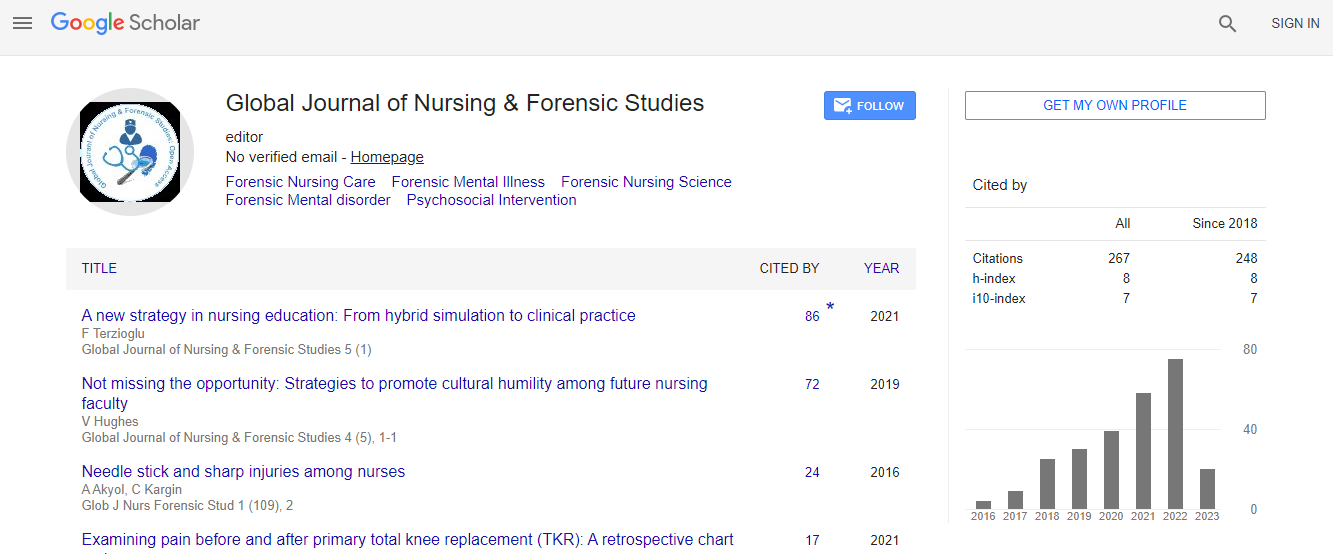A structural equation model of factors influencing the quality of life among incarcerated Filipino older adults
*Corresponding Author:
Copyright: © 2021 . This is an open-access article distributed under the terms of the Creative Commons Attribution License, which permits unrestricted use, distribution, and reproduction in any medium, provided the original author and source are credited.
Abstract
Statement of the Problem: Among older adults, incarceration is challenging because of their complex health and social care needs (Maschi, Viola & Morgen, 2013); inadequate social support (Asberg & Renk, 2014); diminished contact with family and friends outside (Crossman, 2017); and social isolation (Kang & Ridgway, 1996; Matt & Dean, 1993). Hence, incarcerated older adults are likely to feel lonely, jeopardizing their mental well-being and increasing self-destruction (Khorshid, Eser, Zaybak, Yapucu, Arslan & Cinar, 2004) and depression (Arslantaş, Adana, Abacigil, Kayar & Acar, 2015). Thus, with these circumstances, the quality of life (Qol) of incarcerated older adults is greatly affected. Although Qol has been well studied among the general population, Qol among incarcerated older adults remains less explored. This study aims to examine the relationships between and among factors such as social engagement, depression, loneliness and social support and quality of life of incarcerated Filipino older adults.
Methodology & Theoretical Orientation: Accordingly, this descriptive correlational study draws on the power of structural equation modelling (SEM) to analyze data from 315 purposively selected incarcerated Filipino older adults.
Findings: The emerging model suggests that social engagement directly influences depression (β= -.267, p= <.01) and social support (β= .619, p=<.01). Social support, for its part, has a direct influence on loneliness (β= -.342, p=<.01) and quality of life (β= .217, p=<.01). Further, loneliness positively influences depression (β= .416, p=<.01). Lastly, the results also showed that decreased quality of life (β= -.292, p=<.01) is more likely to occur with incarcerated older adults who are depressed.
Conclusion: This study highlights that social engagement, social support, loneliness and depression predict quality of life among incarcerated older adults. But despite being incarcerated, older adults can still achieve quality of life by strengthening social support systems and social engagement as well as decreasing levels of loneliness and depression.
Keywords: Incarcerated, older adults, Filipino, social engagement, depression, loneliness, social support, quality of lifetime
Image
Figure 1
Hypothesized Model
Figure 2
Emerging Model

 Spanish
Spanish  Chinese
Chinese  Russian
Russian  German
German  French
French  Japanese
Japanese  Portuguese
Portuguese  Hindi
Hindi 